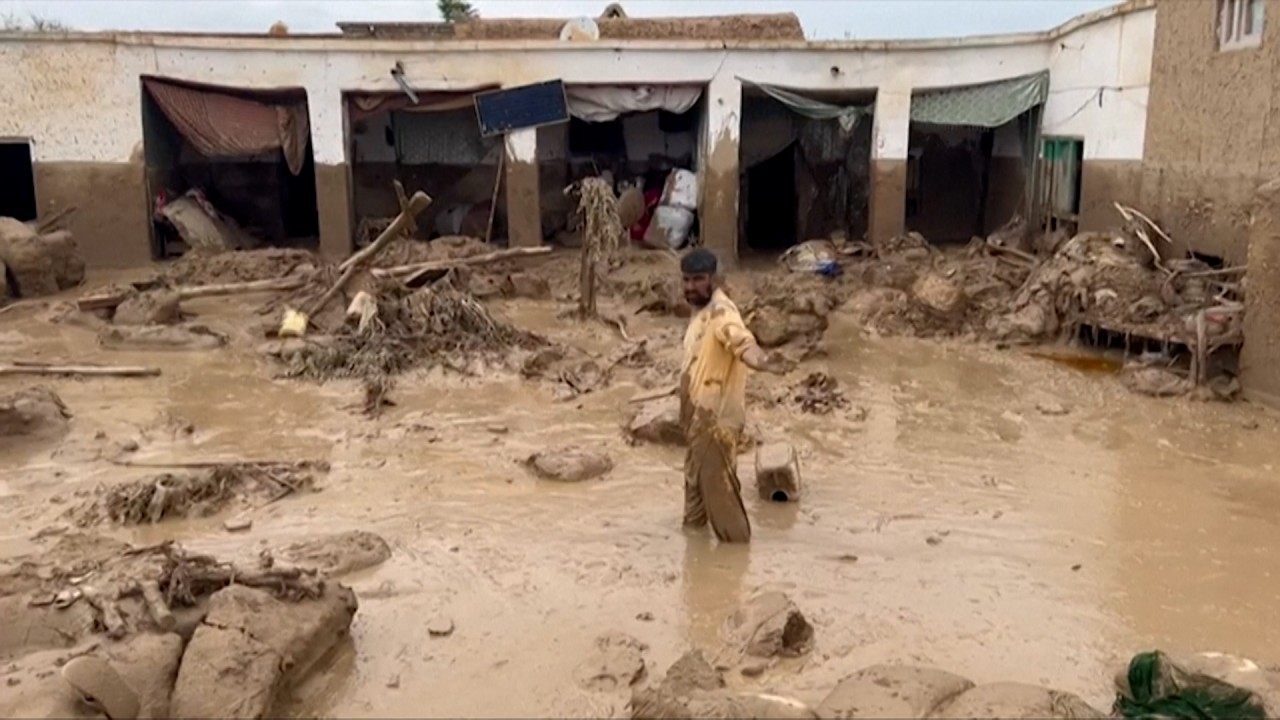Arshad Malik, Afghanistan director of the humanitarian non-governmental organisation Save the Children, has said that “lives and livelihoods have been washed away” and “children have lost everything”. According to the NGO, 40,000 children are now homeless. The number of dead and displaced is expected to rise over the coming days before floodwaters ease.
The Taliban has come under fire for its response to the floods, accused of being slow to act by affected communities. Many villages have been left to undertake their own rescue efforts to save those trapped by floods. For its part, the Taliban has told the media that it was delivering food and medicine to flood-hit areas and “searching for any possible victims under the mud and rubble”.
The reality is international aid agencies have picked up the Taliban’s slack. The World Food Programme, Médecins Sans Frontières and the International Federation of Red Cross and Red Crescent Societies have all been providing life-saving aid. This is a common theme in Afghanistan, with the country perpetually reliant on aid for disaster response and to simply keep the country running. This was all but confirmed by the Taliban’s economic minister, who asked the United Nations to intervene.

Afghanistan clearly needs help. The Taliban needs to look to the international community to solve the problems the country faces, especially when it comes to natural disasters.
But while China has been keen to invest in Afghanistan for economic and political gain, it has lagged in providing humanitarian assistance. Beijing has said it has provided the Taliban with 300 million yuan (US$41.5 million) over the last two years, far less than the US$2 billion provided by the United States since August 2021. China can clearly do more when it comes to humanitarian aid.
This presents an opportunity for both parties. The Taliban can demonstrate rare leadership and show Afghans it can govern effectively by working to solve some of the country’s most complex problems.
China can get a jump on the West and invest further in Afghanistan and its people, helping to rebuild the country and making it a safer and more secure place to do business. It would appear to be a win-win scenario.
The stakes are high for the Taliban. After more than two years in power, the de facto rulers of Afghanistan have little to show for it. Unless they can prove to Afghans they are capable of running the country, they will never have legitimacy at home or abroad.
China can be the solution, if the Taliban is not too proud to ask.
Chris Fitzgerald is a freelance journalist and project coordinator for the Platform for Peace and Humanity’s Central Asia Programme


